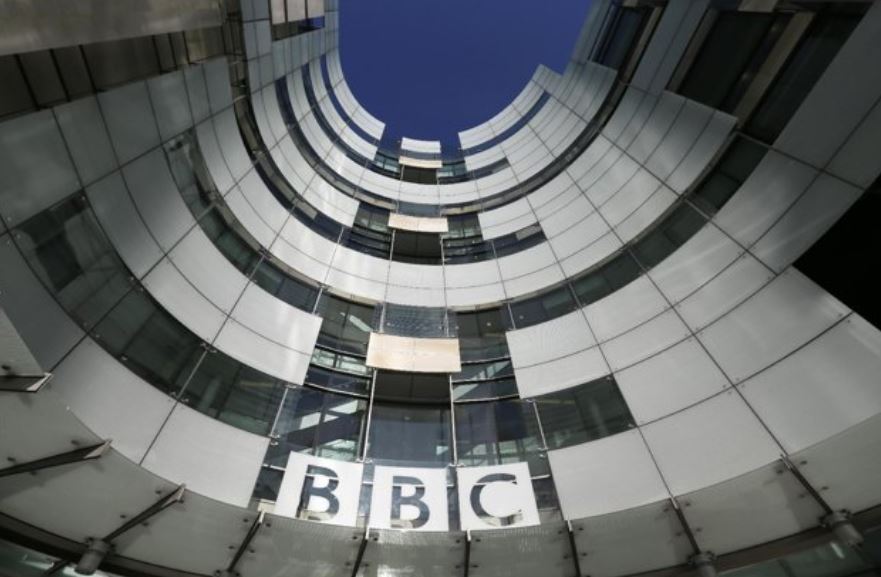Published: 19 July 2013
Country: UK


The BBC Trust have launched an independent review of the breadth of opinion reflected in the BBC’s output. Former ITV chief executive Stuart Prebble led the review, which examined content on BBC national TV and radio and online content. The review, which also included a content analysis and audience research, focused on three subjects: immigration, the UK’s relationship with the EU and religion and ethics.Stuart Prebble said that he has been “impressed by the commitment of the BBC’s journalists to ensuring the presence of a diversity of voices and viewpoints on a wide range of news stories to audiences across the country”.
However, although the BBC is known for its impartiality, the BBC Trust advises to always keep in mind that politicians do not necessarily reflect the public mood. The BBC should make an effort to report new voices and not only rely on political sources, no matter how challenging it can be.
Immigration is a very sensitive topic. It involves the relationships between majorities and minorities in a country. According to the BBC Trust, the immigration topic has not been receiving all the attention it needed. Moreover debates over immigration are generally framed by politicians, whereas statements are often presented as “facts”.
BBC acknowledged that in the past they were quite reticent on approaching subjects such as immigration. Since then they have been making some progress and have been carrying out their duty as journalists even though they had to face sensitive topics and issues.
This report also covers two other controversial areas: the European Union and religion, topics which were analysed by researchers at Cardiff University. Regarding the debate around the European Union and euroscepticism, the BBC seems to have mainly focused on mainstreaming politicians’ opinions and acted slowly when it came to “accommodate changing public opinion on Brussels.”
Concerning the topic of religion, BBC editorial staff is acknowledged to strike a balance between “the need to try to treat all religions fairly and equally, while taking into account what may be the greater sensitivity of some believers versus others.”
The audience mainly feel that while their voices is heard on the BBC, sometimes their view on certain issues is not always understood or properly depicted in the media. According to them, the BBC should explain better their core theological arguments in order to contextualise their opinions.
Read the full report here:

